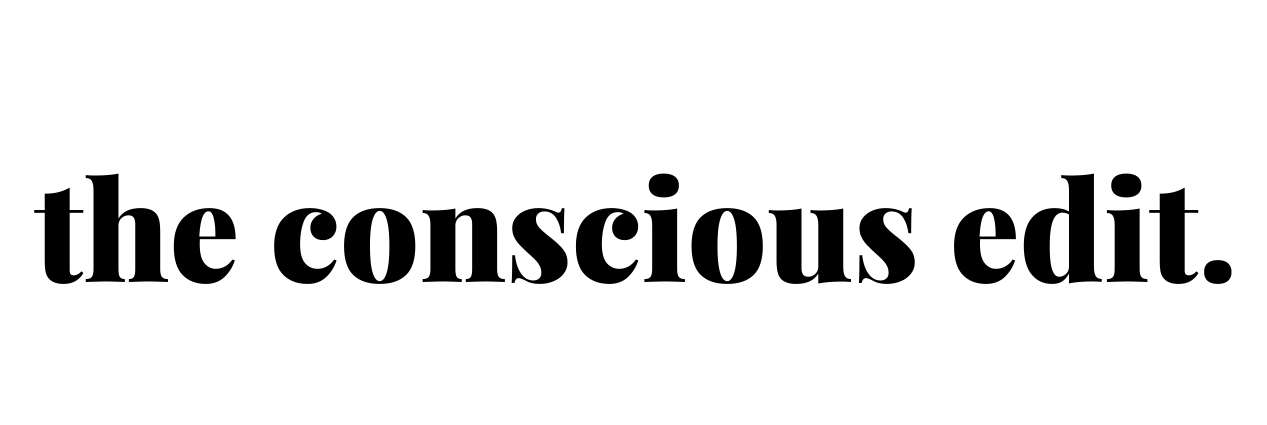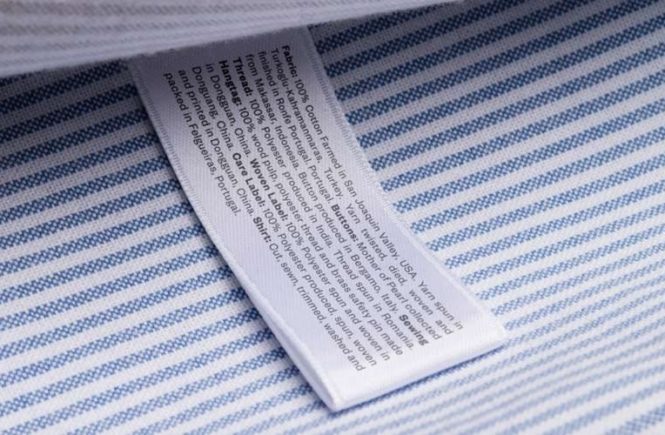This is a very important week in the conscious fashion calendar. It’s Fashion Revolution Week, honouring the anniversary of the Rana Plaza disaster where 1,138 people were killed as the Rana Plaza factory collapsed. It’s a week to honour those killed and affected, and to say that it should never happen again. But for it to never happen again, it’s a week where consumers need to question where their clothes are from, demand fair working conditions for those who made them, and for brands to start executing supply chain transparency.
But as mentioned in regards to the recent Earth Day, it shouldn’t be a one off, this should be happening every week. We should always be asking questions in order to make more conscious purchasing decisions. But because of the complexity of supply chains, brands need to be doing their bit to show us what they’re doing, to help us make these decisions.
Fashion Transparency Index
As part of the Fashion Revolution campaign, the organisation behind it puts out a transparency index each year, reviewing the 150 biggest global fashion brands and retailers and grading them on issues such as supply chain, diversity policies, and social and environmental impact. There have been positive developments over the years the campaign has been running but even in 2018, none of our biggest brands reach over 60% in the overall scoring.
Leading the way are instead smaller companies, with innovative, fair approaches to supply chains and traceability. One such brand is French sneaker label Veja, that recently launched a new section on its website where one can read, in detail, about production locations, materials used, pricing and much more. Once you’ve made your purchase, the box the shoes come in also include similar information, although not as detailed, but as a reminder.
Swedish clothing brand Asket kicked off Fashion Revolution Week by announcing the end of the ‘Made In’ labels, arguing that these labels don’t show the true origin of the garments we wear. Asket has instead introduced ‘Full Traceability’, its new transparency standard that is breaking down the raw components, explaining where each one of them comes from.
This highlights the complexity of it all, because tracing all products and materials isn’t always that easy, but companies need to question this and do what they can. For legal reasons, for customer service, for the life of our planet or, in some cases, for the lives of the workers across the supply chain.
Consumer interest and purchasing power
When it comes to us consumers, we are increasingly showing an interest for or demanding this kind of transparency. And an increasing number of people are also willing to pay more for a product that we know have a positive social and environmental impact, especially if we know it’s been properly made because then we can also assume it will last longer, meaning we will save money in the long run.
We may be willing to dig this information out before choosing what to buy but companies should at least be meeting us half way by ensuring this information is easy to find and understand. Making a sustainable and ethical choice should be easy.
If we have two jumpers in front of us and it’s easy to see / read that one of them was made in an environmentally and socially conscious way and the other one wasn’t, using our purchasing power by buying the ‘good’ one should be a given, and should encourage maker of jumper number two to catch up.
We do have this power and in the long run I believe this fight is one we can win. Because we will all be winners if products are produced in a kind manner, kind towards the planet and its people, whilst making a profit for the company owners and its shareholders. So we need to keep asking who made our clothes, not just during this week, but during all weeks, and not give up until we get an answer. And when we have an answer that we’re happy with, that we feel match with our values and requirements, that’s when we make the decision to actually buy something.
Photo credit: Asket

